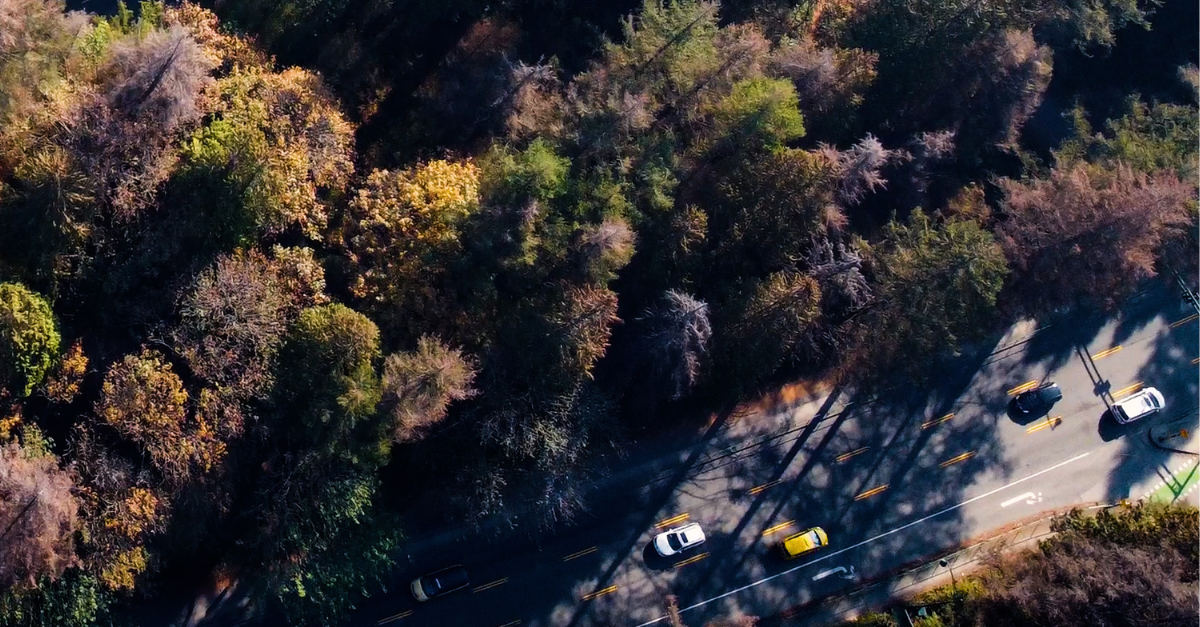
November 29 2023 –
In the coming months, major arterial routes including the Stanley Park Causeway will be temporarily restricted to allow the urgent removal of trees compromised by the ongoing hemlock looper moth infestation.
Approximately 160,000 trees are set to be removed in an effort to support public safety and mitigate risks to key infrastructure in and around Stanley Park.
Traffic impacts are as follows:
| Date | Time | Impacts |
|---|---|---|
|
Dec. 3 |
8 am – 2 pm |
|
| Dec. 17 | 8 am – 11 am |
|
|
Jan. 13 |
8 am – 2 pm |
|
| Jan. 28 | 8 am – 11 am |
|
When the single Causeway lanes are closed, traffic will flow in both directions via the remaining open lanes leading to and from Lions Gate Bridge. Pedestrians and cyclists will have the option to detour through Stanley Park or to the opposing side of the Causeway to continue their journeys.
Park visitors will also experience intermittent closures for trails that lead to the Causeway during these times. It is crucial that everyone obeys all signage and directives, and avoids active worksites within Stanley Park for their own safety and that of staff working within the park.
While all efforts have been made to keep delays to a minimum, please expect delays/transit changes and plan ahead.
Protecting Stanley Park
“Removing trees is not something we take lightly, but this work is essential to restarting the forest afresh and giving it the strongest chance at withstanding future threats to its health,” said Amit Gandha, Director of Parks at the Vancouver Park Board. “With the park being so popular, this work will require time and an extra level of care to minimize impacts, and we thank the public in advance for their cooperation as we work to protect this very beloved space”.
This is a multi-year project with essential work timed to support bird nesting season and in cohesion with annual winter storm and wildfire preparations.
Around 25 per cent of trees in Stanley Park have been damaged by the looper moth outbreak, which has also affected parts of North and West Vancouver. While individual trees continue to be managed and removed by the Urban Forestry team as needed, the scale of the damage now exceeds internal-staff capacity and external personnel are required to mitigate risks.
As this work is underway, some dead trees will be left in place as nurse logs to support regeneration of the surrounding ecosystem. Impacted areas will be replanted with tens of thousands of native species, including Douglas fir, western red cedar, grand fir, big leaf maple and red alder.
Coupled with extensive invasive plant species management, the long-term goal is to reset the ecology of Stanley Park and create a more diverse, resilient forest environment.
For more information on the looper moth infestation and remediation efforts in Stanley Park visit vancouver.ca/stanley-park-trees.